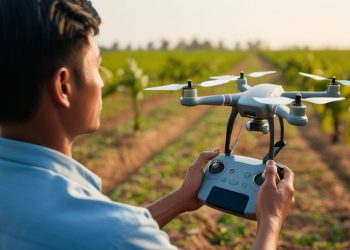Industrial robot maker Hyundai Robotics announced that it signed a memorandum of understanding with global fried chicken franchise KFC to develop a robot chef to automate the chicken cooking process.
The Hyundai Heavy Industries subsidiary would co-develop collaborative robots with KFC to help employees prepare orders more efficiently and safely. According to Hyundai Robotics, collaborative robots directly interact with people in a work environment.
As it aims to cut costs and create better hygienic workplaces, KFC Korea would provide its stores and cooking knowledge. KFC would also provide its fried chicken making expertise. Meanwhile, Hyundai Robotics would design and develop standardized operations for an efficient cooking process involving robots.
KFC Korea would use the robots in its stores in Korea for cooking fried chicken.
In 2016, KFC collaborated with Baidu, a China-based IT company, to develop a concept store in Shanghai using robot servers. The franchise also opened a store in Moscow, Russia, where robots cook and serve menus.
KFC adopted digital kiosks in all its Korean outlets, leading the digital transformation of the fast-food industry in South Korea. Burger King, McDonald’s, and other fast-food stores followed suit, using digital kiosks as advertisement boards.
In KFC kitchens, employees would perform tasks that require delicate work, including chicken meat seasoning, while the collaborative robots would take care of dangerous jobs such as grilling and frying. Hyundai Robotics said that the chef robots would use artificial intelligence (AI) combined with deep learning technology to further develop their cooking skills.
Growing Food-Tech Industry
Hyundai Robotics, which spun-off from Hyundai Heavy Industries in May, ventured into the food-tech industry using its experience with industrial robots. Food-tech refers to the application of advanced technologies in the food industry.
The fast-growing market has accelerated its reach in the IT and food industries due to the COVID-19 pandemic.
Hyundai Robotics added that it plans to use vision sensing technology to automate food processing, such as sorting chicken products. The company would also introduce mobile collaboration robots designed for smaller workspaces.







